Related: ‘Beverly Hills, 90210’ Cast: Where Are They Now?
Advertisement
mikel roberts/Sygma via Getty Images
Brian Austin Green is reflecting on the difficulty of losing his Beverly Hills, 90210 costar Luke Perry so suddenly.
“There was a part of me that couldn’t really process that that was real,” Green, 50, said in a Wednesday, January 31, clip of an upcoming episode of Getting Grilled With Curtis Stone. “I texted him the day after he passed. Just because there was a part of me that was like, ‘No, he’s gonna answer back. He’s hiding somewhere. Or something’s happened.’”
Green, who starred alongside Perry on 90210 from 1990 to 2000, noted that while he didn’t “completely believe” he’d hear back from his friend “a big part” of him was hoping “that was the case.”
Perry suffered from a massive stroke in February 2019 while at his home in the Sherman Oaks neighborhood of Los Angeles. He was rushed to a nearby hospital via ambulance, where he remained until his death on March 4. He was 52 years old.
While Green admitted that he’s begun to accept the idea of death with age, he never thought he’d lose someone so early — especially Perry. “I honestly never expected that it would be Luke,” he said. “To me, in my mind, Luke was the strongest of everyone. He was the constant guy, he was exactly who he was at all times.”
Despite the loss, Green clarified that Perry is still a “big part” of his life and the relationship he had with the actor is something he thinks about “almost on a daily basis.”
“When things happen in my life,” he said, “I’ll stop for a second and I’ll think about him and what I learned from him and what I think his opinion would be of what it is I do.”
Green cited the personal “connections” Perry had with the people around him as the “legacy” he left as opposed to his professional accolades. “It’s the lasting imprint that you left on your friends, on your family, on your children,” he explained. “It’s the stories that people share about you afterward that to me.”
mikel roberts/Sygma via Getty Images
It was after Perry’s death, Green noted, that he began to hear stories about his friend’s benevolence as Perry was known to be a private person.
“He did a lot of things and didn’t ever talk about them. He would buy a new wheelchair for the guy on the block who needed one, or get on a plane and fly to a hospital where a girl was sick,” he shared, citing a few altruistic examples throughout Perry’s life. “Whenever he flew on a plane, he would have a pocket full of balloons so when he heard a baby crying, he could walk back to where they were, blow up a balloon and give them something that would take their mind off of it a little bit. And he never shared that with anybody.”
He added, “As shocked as I was to hear those, I was like, that’s absolutely Luke. It didn’t surprise me.”
Green and Perry, who portrayed David Silver and Dylan McKay, respectively, on the teen soap, starred alongside Shannen Doherty (Brenda Walsh), Jennie Garth (Kelly Taylor), Jason Priestley (Brandon Walsh), Ian Ziering (Steve Sanders), Tori Spelling (Donna Martin) and Gabrielle Carteris (Andrea Zuckerman). Days after Perry’s death was confirmed, the costars gathered at Carteris’ home to mourn the loss of their longtime pal.
“People I haven’t seen in, like, 18 years, at least,” Green shared during a March 2019 episode of his 90210 rewatch podcast when discussing who showed up to honor the late star. “And you see them there, and it’s … you were happy to see everybody, and you felt like, ‘God, it’s been too long,’ and it was great, but what a horrible reason to have to see everybody again.”
mikel roberts/Sygma via Getty Images Brian Austin Green is reflecting on the difficulty of losing his Beverly Hills, 90210 costar Luke Perry so suddenly. “There was a part of me that couldn’t really process that that was real,” Green, 50, said in a Wednesday, January 31, clip of an upcoming episode of Getting Grilled With
Us Weekly Read More

That’s the realization hanging over anyone picking up a camera right now. You didn’t sign up to be a forensic analyst of flight logs, sealed documents, or “unverified tips.” You wanted to tell stories. But your audience lives in a world where every new leak, every exposed celebrity, every dead‑end investigation feeds into one blunt conclusion:
Nobody at the top is clean. And nobody in charge is really coming to save us.
If you’re still making films in this moment, the question isn’t whether you’ll respond to that. You already are, whether you intend to or not. The real question is: will your work help people move, or help them go numb?
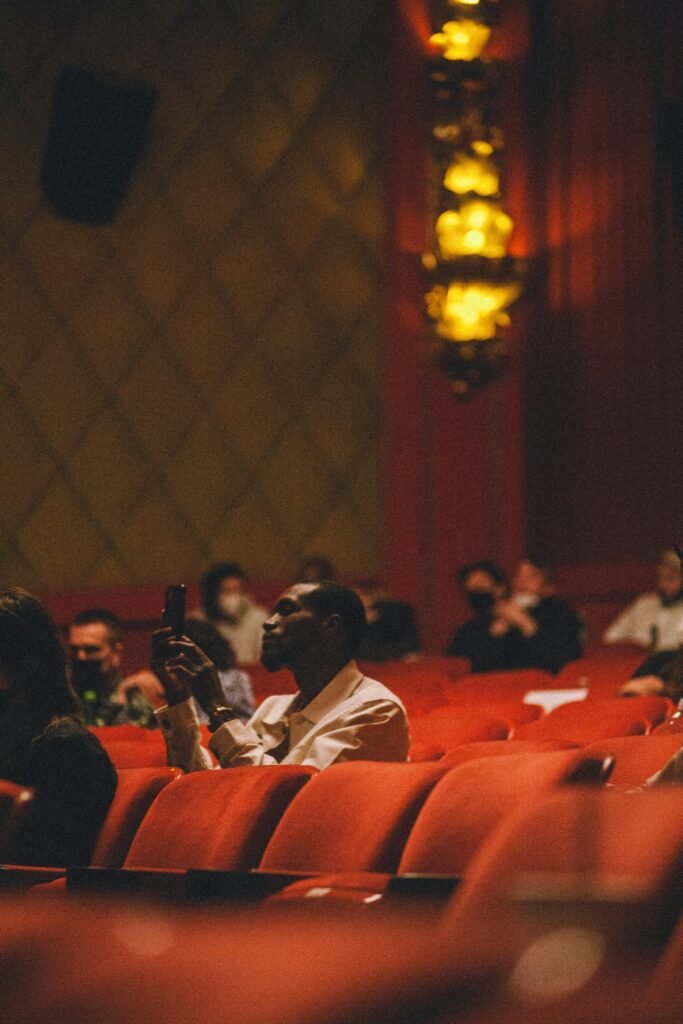
Look at the timeline your viewers live in:
And in between all of that: playlists, memes, awards shows, campaign ads, and glossy biopics about “legends” we now know were monsters to someone.
If you’re under 35, this is your normal. You grew up:
So when the next leak drops and another “icon” is implicated, the shock isn’t that it happened. The shock is how little changes.
This is the psychic landscape your work drops into. People aren’t just asking, “Is this movie good?” They’re asking, often subconsciously: “Does this filmmaker understand the world I’m actually living in, or are they still selling me the old fantasy?”
You may not want the job, but you have it: you’re a translator in a time when language itself feels rigged.
Politicians put out statements. Corporations put out statements. Studios put out statements. The public has learned to hear those as legal strategies, not moral positions.
You, on the other hand, still have this small window of trust. Not blind trust—your audience is too skeptical for that—but curious trust. They’ll give you 90 minutes, maybe a season, to see if you can make sense of what they’re feeling:
If your work dodges that, it doesn’t just feel “light.” It feels dishonest.
That doesn’t mean every film has to be a trafficking exposé. It means even your “small” stories are now taking place in a world where institutions have failed in ways we can’t unsee. If you pretend otherwise, the audience can feel the lie in the walls.
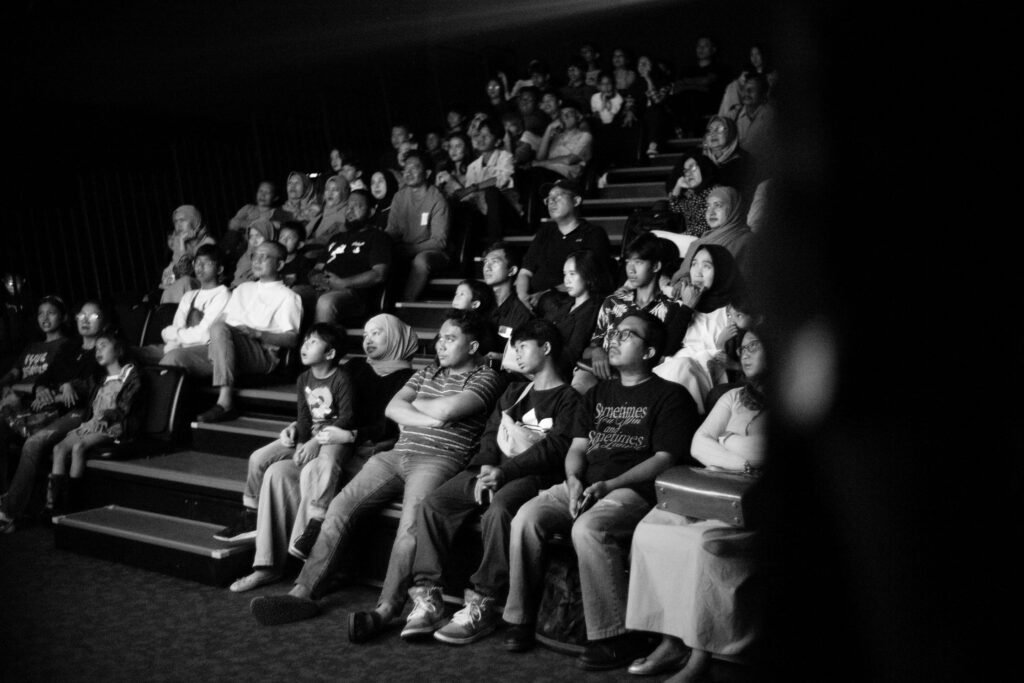
You asked for something that could inspire movement and change. To do that, you have to understand the enemy that’s closest to home:
It’s not only the billionaire on the jet. It’s numbness.
Numbness is what happens when your nervous system has been hit with too much horror and too little justice. It looks like apathy, but it’s not. It’s self‑defense. It says:
When you entertain without acknowledging this, you help people stay comfortably numb. When you only horrify without hope, you push them deeper into it.
Your job is more dangerous and more sacred than that. Your job is to take numbness seriously—and then pierce it.
How?
Movement doesn’t start because everyone suddenly believes they can win. It starts because enough people decide they’d rather lose fighting than win asleep.
Show that decision.
If you make work that brushes against Epstein‑type themes, avoid the easiest trap: turning it into a “one bad guy” tale.
The real horror isn’t one predator. It’s how many people, institutions, and incentives it takes to keep a predator powerful.
If you want your work to fuel real change:
When you map the mechanism, you give people a way to see where they fit in that machine. You also help them imagine where it can be broken.
In a moment like this, neutrality is a story choice—and the audience knows it.
Ask yourself, project by project:
You don’t have to sermonize. But you do have to choose. If your work shrugs and says, “That’s just how it is,” don’t be surprised when it lands like anesthetic instead of ignition.
Ignition doesn’t require a happy ending. It just requires a crack—a moment where someone unexpected refuses to play along. A survivor who won’t recant. A worker who refuses the payout. A friend who believes the kid the first time.
Those tiny acts are how movements start in real life. Put them on screen like they matter, because they do.
A lot of people in your position are still quietly waiting—for a greenlight, for a grant, for a “better time,” for the industry to decide it’s ready for harsher truths.
Here’s the harshest truth of all: the system you’re waiting on is the same one your audience doesn’t trust.
So maybe the movement doesn’t start with the perfectly packaged, studio‑approved, four‑quadrant expose. Maybe it starts with:
If you do your job right, people will leave your work not just “informed,” but uncomfortable with their own passivity—and with a clearer sense of where their own leverage actually lives.

You are not going to single‑handedly dismantle trafficking, corruption, or elite impunity with one film. That’s not your job.
Your job is to help people:
If your film makes one survivor feel seen instead of crazy, that’s movement.
If it makes one young viewer question why they still worship a predator, that’s movement.
If it makes one industry person think twice before staying silent, that’s movement.
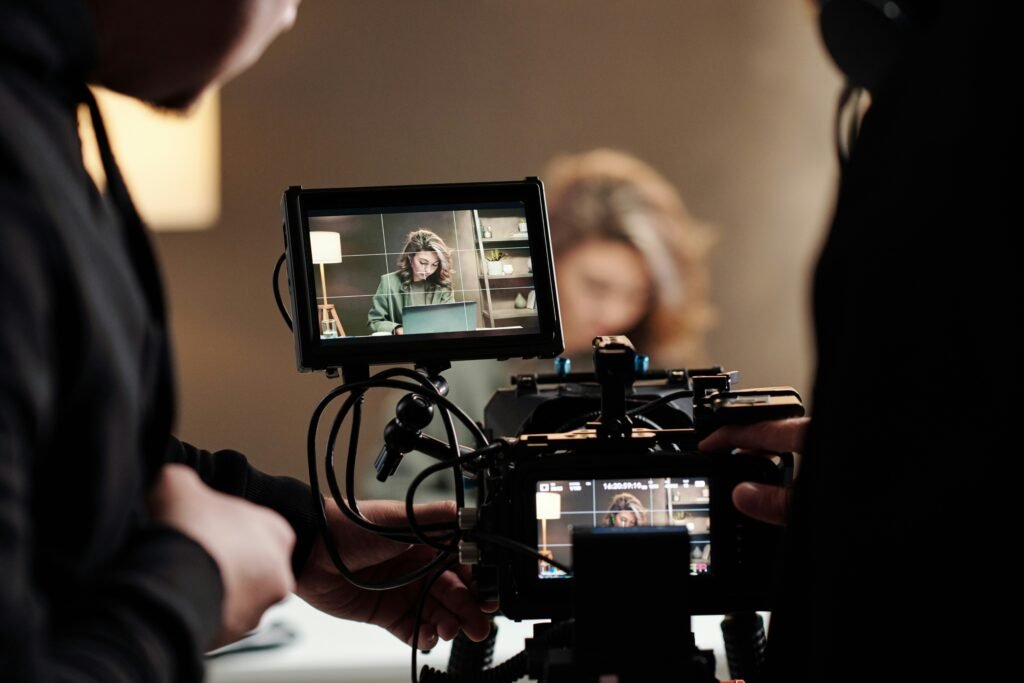
And movements, despite what the history montages pretend, are not made of big moments. They’re made of a million small, private decisions to stop lying—to others, and to ourselves.
You wanted to make movies, not decode Epstein.
Too late.
You’re here. The curtain’s already been pulled back. Use your camera to decide what we look at now: more distraction from what we know, or a clearer view of it.
One of those choices helps people forget.
The other might just help them remember who they are—and what they refuse to tolerate—long enough to do something about it.
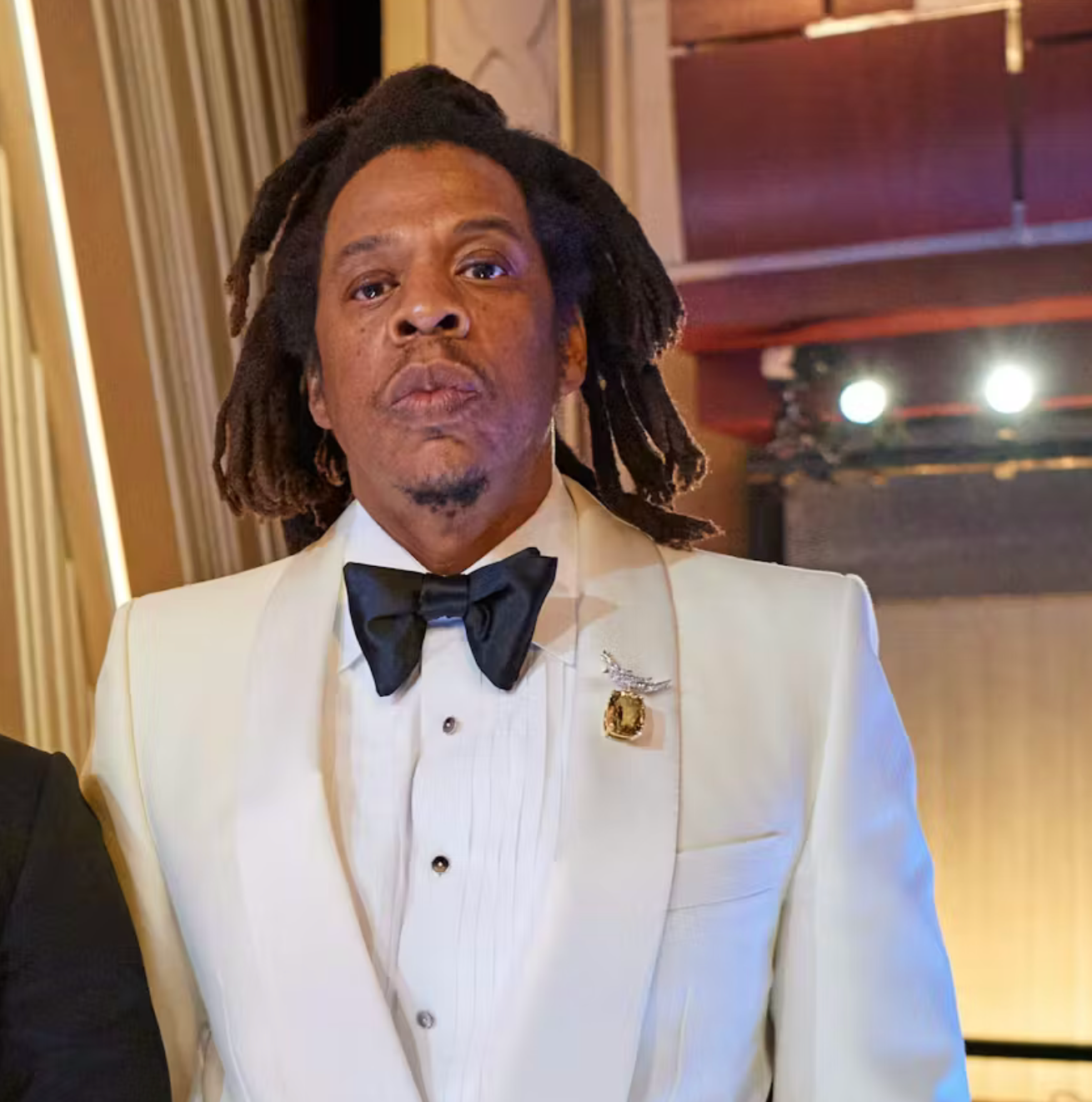
The internet exploded this week after Jay-Z’s name surfaced in newly released Jeffrey Epstein documents—and 50 Cent is already trolling his way toward another Netflix documentary. But before the headlines spiral further out of control, here’s what the files actually say, what they don’t say, and why this story reveals more about how we consume scandal than it does about Jay-Z.
On Friday, January 30, 2026, the U.S. Department of Justice released over 3 million pages of records tied to the Epstein investigation under the Epstein Files Transparency Act. Buried within that mountain of material is a single FBI “crisis intake report” from 2019—essentially a logged phone call from a member of the public to the FBI’s national hotline.
In that tip, an anonymous woman claimed she was abducted multiple times over several years and drugged during each incident. She told the FBI she believed she was in Jeffrey Epstein’s Florida mansion on these occasions. In one alleged incident from 1996, she stated she awoke in a room where Harvey Weinstein was sexually assaulting her, and that Jay-Z (Shawn Carter) was also present in the room.
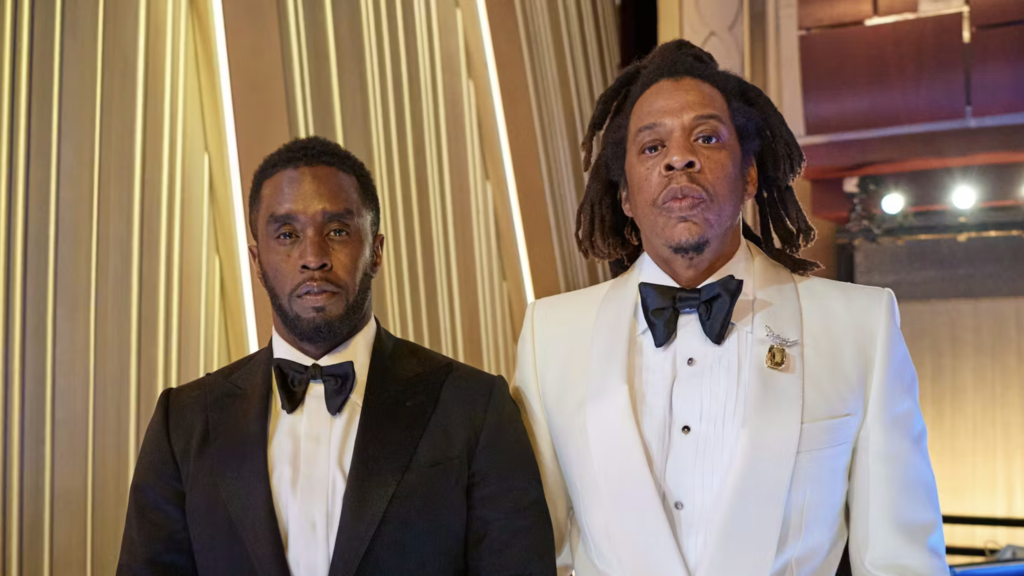
The woman also claimed that rapper Pusha T acted as one of several “handlers” who befriended and moved girls around, and that she attended a party around 2007 where both Weinstein and Pusha T were present before she was allegedly drugged and abused.
That’s it. That’s the entirety of Jay-Z’s connection to the Epstein files.
Here’s what most people scrolling past viral headlines are missing: FBI crisis intake reports are not evidence. They’re not verified claims. They’re not active investigations. They’re raw, unfiltered tips that anyone can call in—and federal authorities have explicitly warned that these documents “may include fake or false accusations” that are “unfounded and false.”
Legal experts are urging the public to understand what these intake forms represent: logged tips for potential follow-up, not proof of wrongdoing. Being named in an intake report doesn’t mean you’re guilty, under investigation, or even that the claim was ever looked into.
Jay-Z’s name does not appear in Epstein’s flight logs, personal address books, verified investigative evidence, or court filings. His mention exists only in this single, unverified hotline call.
The alleged incident involving Jay-Z is dated to 1996. That same year, Jay-Z released his debut album Reasonable Doubton June 25, 1996, through his own independent label Roc-A-Fella Records after every major label had turned him down. He was literally selling CDs from the trunk of his car on college campuses.
As one social media user pointed out, Jay-Z “wasn’t nobody” in 1996—at least not somebody running in Jeffrey Epstein’s elite billionaire circles. He was a hustler trying to break into the music industry, not a mogul attending private island parties.
The Pusha T timeline is even more problematic. The tipster claimed Pusha T was a “handler” in incidents around 1996 and at a 2007 party.
But in 1996, Pusha T was a teenager who had just signed his first record deal with his brother as part of the group Clipse with Elektra Records—they hadn’t even released their debut album yet. Their breakout hit “Grindin’” didn’t drop until 2002.
Multiple commenters online have pointed out the absurdity: “Pusha wasn’t even out nor the Clipse in 96.”

If there’s one constant in hip-hop, it’s that 50 Cent will never miss an opportunity to turn controversy into content. After Jay-Z’s name started trending off the Epstein file release, 50 posted AI-generated images and announced “I gotta do a doc on this sh!t.”
This isn’t new territory for Curtis Jackson. In December 2025, he executive-produced Sean Combs: The Reckoning, a Netflix documentary about Diddy that became the number one show on the platform, even beating Stranger Things. Critics accused him of being “petty,” but the docuseries was praised for its investigative depth and victim-centered storytelling—and 50 proved he could monetize outrage into premium content.
Now, with Jay-Z’s name in the Epstein files, 50 smells blood in the water. His Jay-Z “documentary” announcement is part troll, part business pitch, and entirely on-brand. He’s turned decades-old beef with Jay-Z into a potential streaming deal, weaponizing one unverified FBI tip line call into the next chapter of his “accountability documentarian” persona.
This story is a masterclass in how misinformation spreads faster than facts. The headline “Jay-Z Named in Epstein Files” is technically true—but it’s designed to trigger maximum shock without context. By the time someone reads past the headline to learn it’s an unverified hotline tip, the damage is done. The screenshot has been shared. The conspiracy theories are trending. The outrage cycle is complete.
Being “in the files” has become shorthand for guilt, even when the files themselves explicitly warn against that interpretation. Bill Gates, Jamie Foxx, and dozens of other celebrities are mentioned in various Epstein documents—some in emails, some in photos from public events, some in unverified tips. None of that proves criminal behavior, but nuance doesn’t go viral.
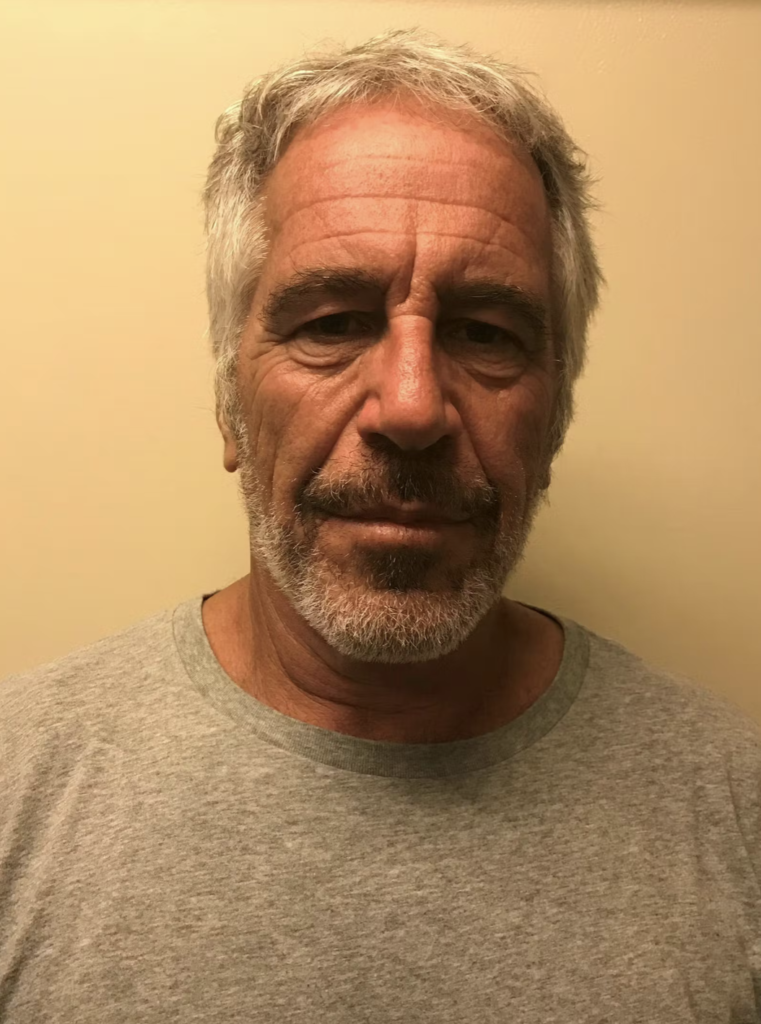
Let’s be clear about the facts:
There is no verified connection between Jay-Z and Jeffrey Epstein. Period.
This moment reveals something larger than one rapper’s name in a document dump. It shows how easily public perception can be manipulated when institutions release massive troves of unvetted material without adequate context. The DOJ may have released these files in the name of transparency, but without proper framing, transparency becomes a weapon for conspiracy theorists and clout-chasers.
It also shows the power—and danger—of the “documentary as diss track” era we’re living in. 50 Cent can float the idea of a Jay-Z doc, generate millions of impressions, and potentially land a deal without producing a single frame of footage. Whether that’s genius entrepreneurship or irresponsible exploitation depends on your perspective—but it’s undeniably effective.
Jay-Z’s name appearing in the Epstein files is not proof of guilt, association, or wrongdoing. It’s proof that someone called an FBI hotline in 2019 and made an unverified claim about an event they say happened in 1996, when both Jay-Z and Pusha T were nowhere near the level of fame or access that would put them in Epstein’s orbit.
50 Cent knows this. The internet knows this—or at least, should. But in an era where engagement beats accuracy and headlines erase context, “Jay-Z in the Epstein Files” is enough to fuel a thousand conspiracy theories, a million social media posts, and potentially one very lucrative Netflix documentary.
The real question isn’t what Jay-Z did or didn’t do in 1996. It’s whether we’re willing to let one anonymous, unverified phone call define someone’s legacy—and whether the people profiting from that chaos have any responsibility to tell the full story.
As of now, Jay-Z has not publicly commented on his inclusion in the files. Pusha T has remained silent as well. And 50 Cent? He’s already posted another meme.
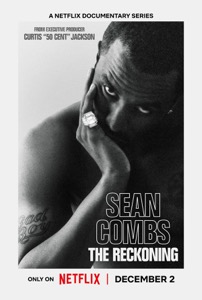
50 Cent’s new Netflix docuseries about Sean “Diddy” Combs is more than a headline-grabbing exposé; it is a meticulous breakdown of how power, celebrity, and silence can collide in the entertainment industry.
Across its episodes, the series traces Diddy’s rise, the allegations that followed him for years, and the shocking footage and testimonies now forcing a wider cultural reckoning.
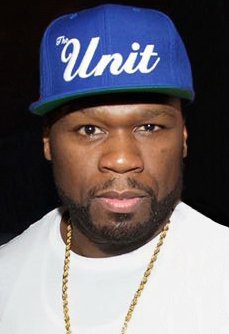
The docuseries follows Combs from hitmaker and business icon to a figure facing serious criminal conviction and public disgrace, mapping out decades of influence, branding, and behind-the-scenes behavior. Watching that arc shows how money, fame, and industry relationships can shield someone from scrutiny and delay accountability, even as disturbing accusations accumulate.
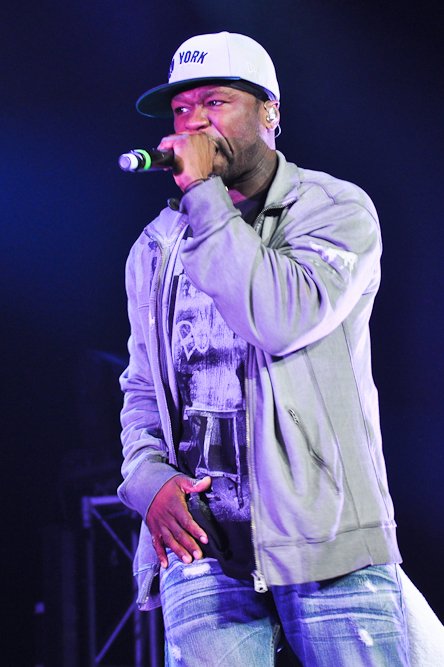
Exclusive footage of Diddy in private settings and in the tense days around his legal troubles reveals how carefully celebrity narratives are shaped, even in crisis.
Viewers can learn to question polished statements and recognize that what looks spontaneous in public is often the result of strategy, damage control, and legal calculation.
Interviews with alleged victims, former staff, and industry insiders describe patterns of control, fear, and emotional or physical harm that were long whispered about but rarely aired in this detail. Their stories underline how difficult it is to speak out against a powerful figure, teaching viewers why many survivors delay disclosure and why consistent patterns across multiple accounts matter.
As executive producer, 50 Cent uses his reputation and platform to push a project that leans into uncomfortable truths rather than protecting industry relationships. The series demonstrates how documentary storytelling can challenge established power structures, elevate marginalized voices, and pressure institutions to respond when traditional systems have failed.
Reactions to the doc—ranging from people calling it necessary and brave to others dismissing it as a vendetta or smear campaign—expose how emotionally invested audiences can be in defending or condemning a famous figure. Watching that debate unfold helps viewers see how fandom, nostalgia, and bias influence who is believed, and why conversations about “cancel culture” often mask deeper questions about justice and who is considered too powerful to fall.


Turning One Short Film into 12 Months of Content


10 Ways Filmmakers Are Building Careers Without Waiting for Distributors


How to Write a Logline That Makes Programmers Hit Play


What the Epstein Files Actually Say About Jay-Z


AI Didn’t Steal Your Job. It Revealed Who Actually Does the Work.


Catherine O’Hara: The Comedy Genius Who Taught Us That Character Is Everything


You wanted to make movies, not decode Epstein. Too late.